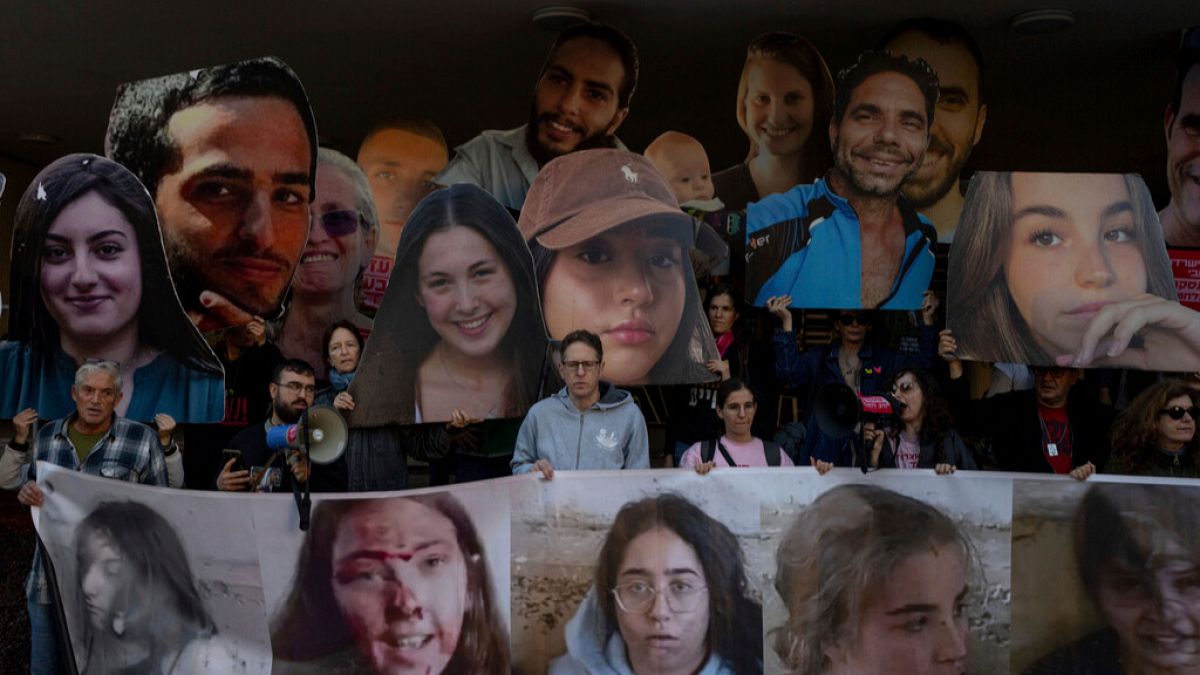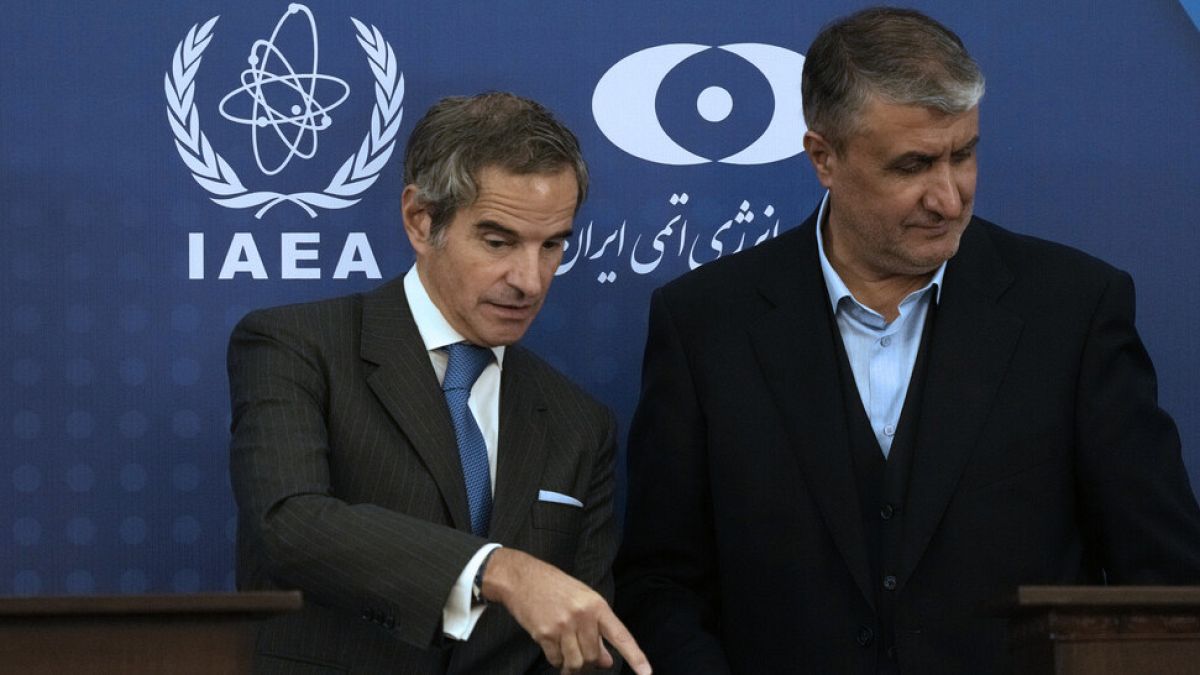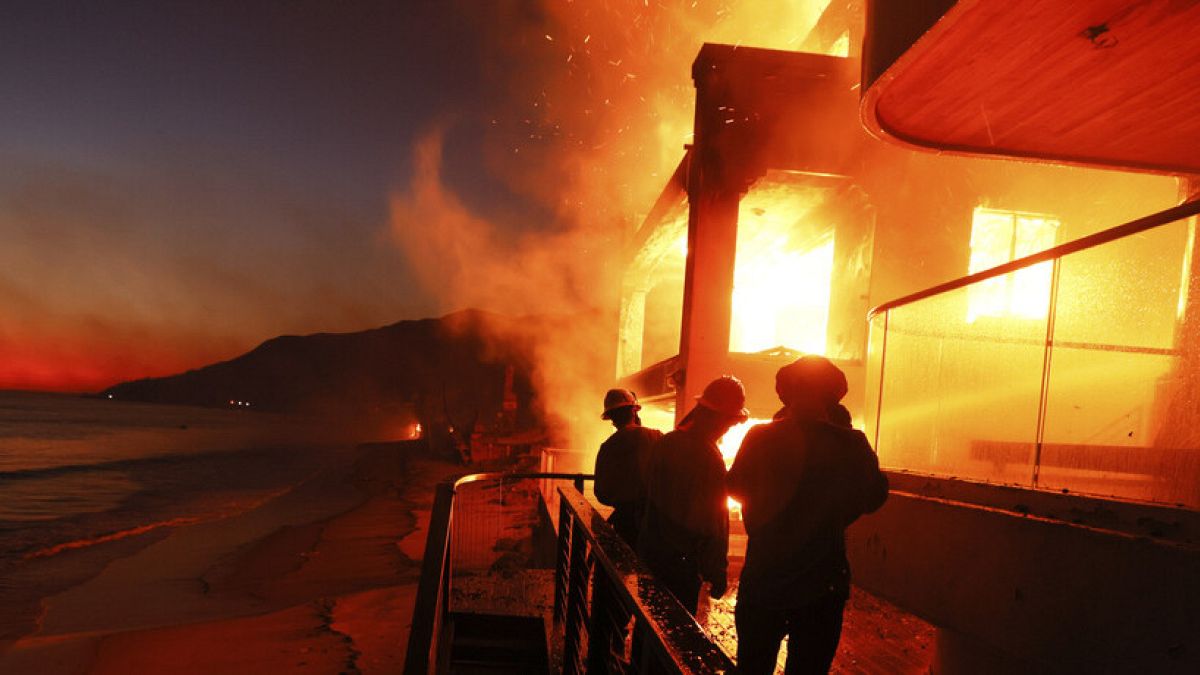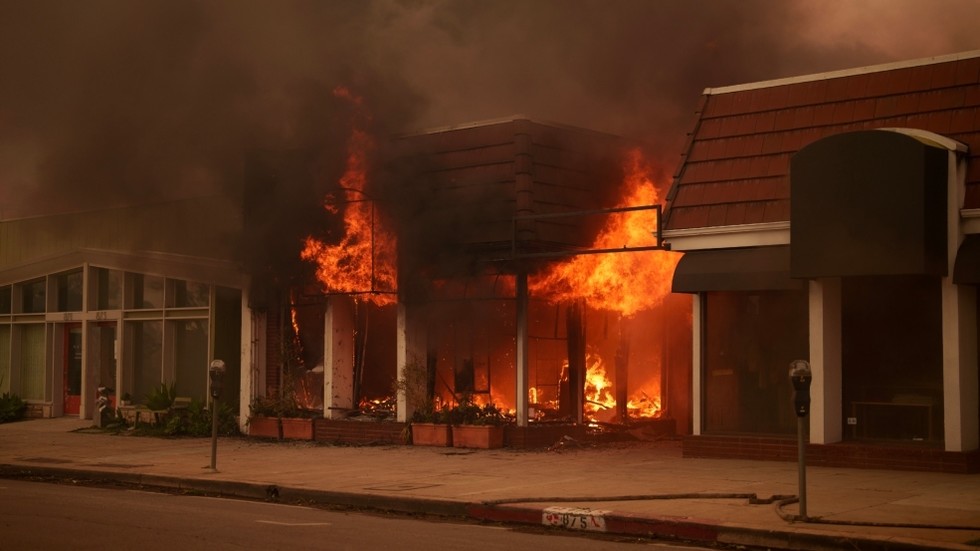As insurgent militias continue with incursions against government forces in Syria, key powers are watching with keen interest, preparing for the potential effects of a collapse of Assad’s regime.
Turkish-sponsored Tahrir al-Sham militias making their way south on Syria’s M5 highway could reach the province of Homs, before potentially breaking through to the northern Lebanese border.
This would be a key military achievement, since it would cut off Damascus from a large swathe of the Assad-controlled Syrian Republic, as well as from the Mediterranean coast and Russia’s Tartus naval docks and military airport of Khmeimim. The infrastructure there was built by Moscow in 2015 during its war against the Islamic State Caliphate and other anti-Assad factions.
It would also be political slap in the face for Russia, a staunch supporter of the Assad dynasty since before the fall of the Soviet Union.
Turkey has distanced itself from the insurgents’ offensive, treating it as an autonomous military initiative of the rebel groups and the Syrian Salvation Government.
“It would be wrong to explain the events in Syria as any foreign intervention,” Turkish Foreign Minister Hakan Fidan said on Monday, following a visit to Ankara by his Iranian counterpart, Abbas Arqchi.
That message was addressed directly at Tehran, but also indirectly to the Kremlin, a solid partner of Iran's in Syria.
The Lebanese effect
The events in Syria will inevitably impact Lebanon, where the truce between Israel and the Hezbollah is hanging by a thread. The Lebanon-based Hezbollah, an Iranian proxy and a crucial military component of the Assad defence system, has been weakened by the war with Israel.
If the Syrian insurgents reach Homs and the Lebanese border, Hezbollah will be cornered in Lebanon and cut from a key logistics and supply route from Iran, passing through Iraq and Syria.
“One of the causes of what is happening today in Syria is the control of the Syrian-Lebanese borders to prevent the passage of strategic weapons into Lebanon,” Antoine Habchi, Lebanese Parliament Bekka Valley MP, told Euronews.
“The Turks have tried to make sure that the Lebanese borders are not a route for the transfer of strategic weapons through Syria. Even Assad doesn't control passage through his own territory here, which is controlled by other factions and international forces, and notably Iran,” said Habchi, a Christian.
Turkish diplomatic chief Hakan Fidan said on Monday that the latest developments “show once again that Damascus needs to reconcile with its people and the legitimate opposition.”
This would force Iran to cede part of its interests in Syria to Turkey and the Gulf monarchies, by widening the internal Syrian political platform of the Damascus regime to other political actors close to Turkey and Qatar.
Turkey has consistently sought to increase its leverage with the Damascus regime in order to enhance its standing in the region and allow it to keep closer control of the Kurdish separatists, as well as the autonomous oil-rich Syrian sanctuaries in northern areas of the country.
A new refugee crisis?
Since the reignition of the conflict, thousand of refugees – a UN estimate has put the figure at 120,000 – have fled the conflict zones for sanctuaries in the north.
As with the last war in Syria, Lebanon expects a new wave of refugees. Mass migration could destabilise the small sectarian country even further, just weeks after the Hezbollah conflict with Israel, and subsequently reach Europe as it did a decade ago.
This is one of reasons why the US, UK, France and Germany have issued a joint statement calling for an urgent de-escalation among all parties.
Antoine Habchi suggested that the EU create local protected areas.
“The Aleppo region and the border region with Turkey will become safe, free from regime control. So we don't have to wait for the entire Syrian problem to be resolved before these refugees return to Syrian territory,” he said, adding that “the same humanitarian and financial aid provided by the European Union and the international community to the Syrian refugees in Lebanon could be provided by the international community to these refugees in well-secured zones (in Syria).”
Turkey, Iran, Russia... and the US
The Syrian crisis is not only raising the stakes for Turkey in the region; diplomatic sources assess that Ankara could also gain leverage in any potential negotiations to bring Russia’s war in Ukraine to a conclusion.
The fall of Aleppo has exposed Kremlin to risks of military overstretching and put its axis with Tehran under stress due to competing military objectives.
Russia is keen to defuse the situation by encouraging a détente between Ankara and Damascus, and has deployed diplomatic efforts to open a trilateral negotiations.
On Tuesday, the Turkish President Erdogan held a phone call with his Russian counterpart Vladimir Putin and gave his full support to the “territorial integrity of Syria”.
The last two years have seen Russia redeploy weaponry, including Pantsir missile systems, from Syria to Ukraine.
Exposing its military and political Achilles heel in Syria could lower Russia’s leverage in any potential negotiations surrounding Ukraine with the US and EU.
US army A-10 attack aircraft (from the US base of Al-Tanf, in Syria) have underpinned the raids of the Kurdish separatists forces of the YPG against isolated units of Bashar al-Assad's army.
On Tuesday night, meanwhile, US and Russian officials clashed at the UN, accusing each other of supporting terroristm at a Security Council meeting. Deputy US Ambassador to the UN Robert Wood saying Russia "props up regimes that sponsor terrorism around the world".
Israel is also afforded an opportunity by the newly revived Syria conflict to attempt strikes at targets in Syria. The Israeli Defence Forces announced on Tuesday that Salman Jumaa, a high rank Hezbollah official, was killed by an Israeli air force strike near Damascus.

 1 month ago
10
1 month ago
10






 We deliver critical software at unparalleled value and speed to help your business thrive
We deliver critical software at unparalleled value and speed to help your business thrive






 English (US) ·
English (US) ·